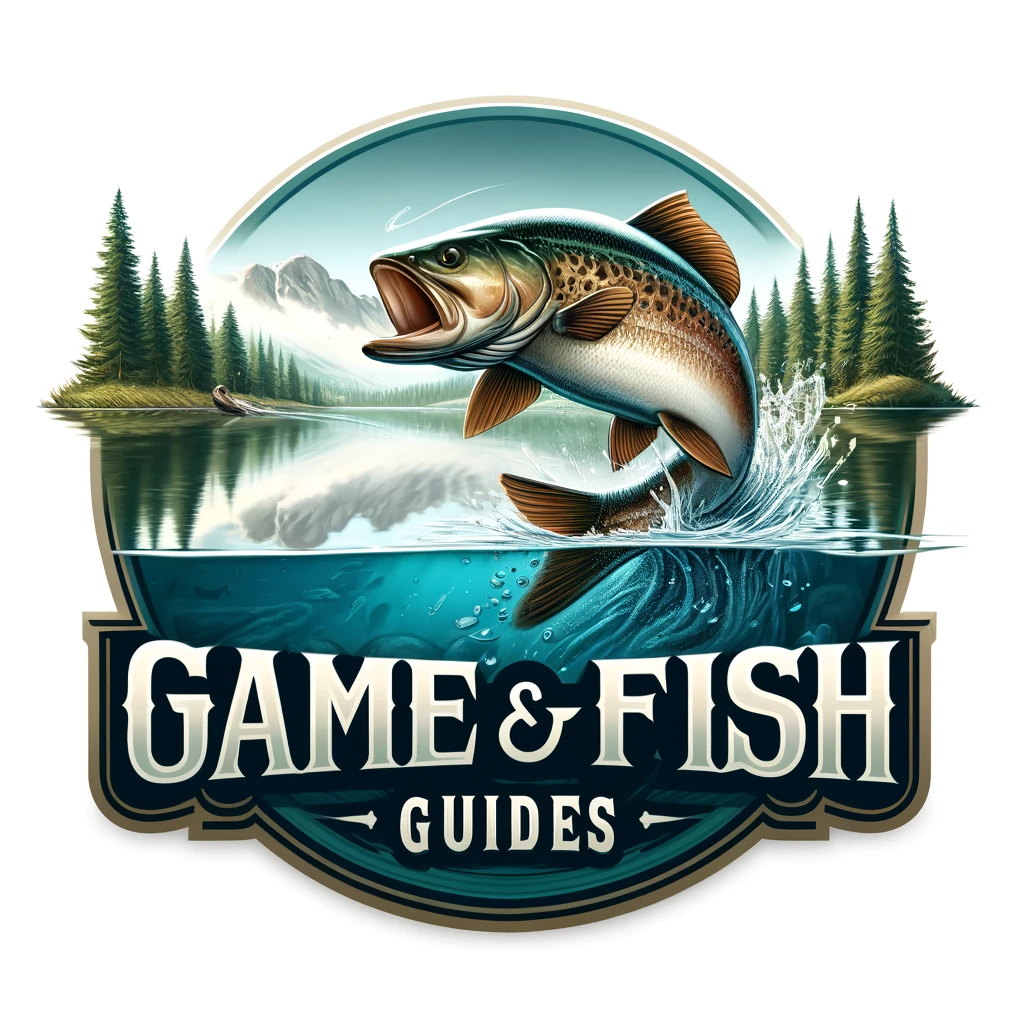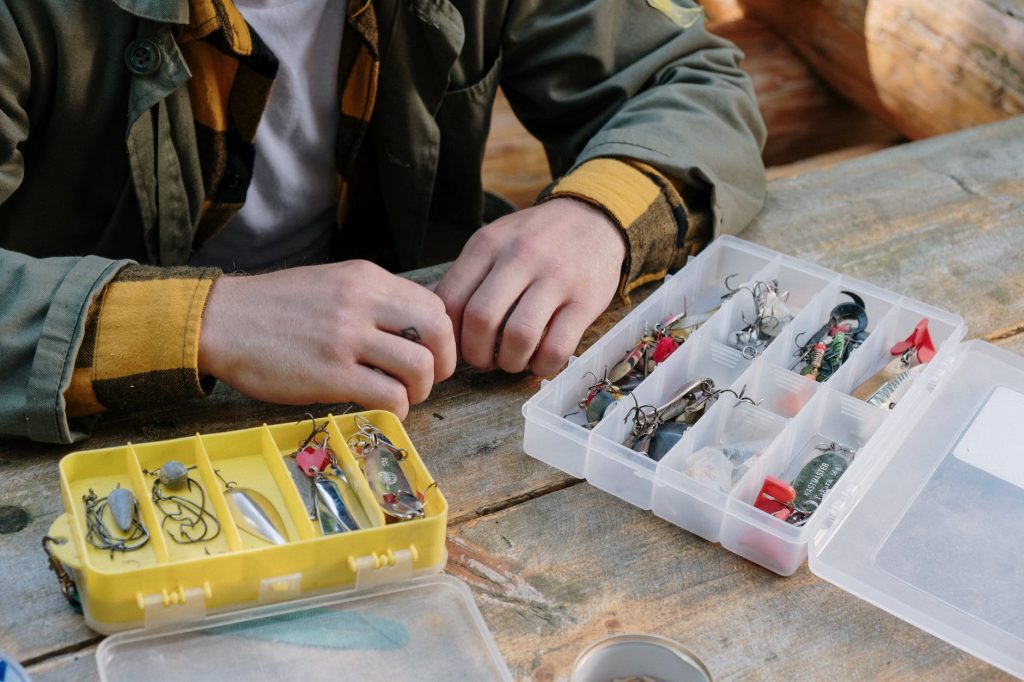Fishing is about relaxation, excitement, and connection with nature and friends. These beginner tips for fishing serve as your comprehensive manual for starting your journey into fishing. Covering everything from selecting a good beginner fishing pole to understanding the basics of fishing gear and techniques, these fishing tips for beginners will ensure you’re well-equipped to go fishing.
Why a Fishing License is Essential
Before you even think about casting your line, getting a fishing license is crucial. Fishing without a license can lead to expensive fines fines, so it’s a good idea to check with your local wildlife agency or obtain one online. It’s a simple step but a necessary one to ensure you aren’t fishing illegally.
Essential Gear for New Anglers
Starting your fishing journey doesn’t require a ton of gear. Here’s what you need to get started:
- Starter Fishing Rod and Reel: A good beginner fishing pole is vital. Inexpensive options like the UglyStik GX2 and the Abu Garcia Black Max are great spinning combos for beginners. They are not only inexpensive, but they are also high quality builds made by well-known companies. Additionally, these are sold together as a rod and reel, so you don’t need to buy them separately.
- Fishing Line: Beginners should consider monofilament or braided lines for their balance of strength and ease of use.
- Hooks: Keep an assortment of sizes to be prepared for various types of fish.
- Sinkers: Split Shot sinkers are easy to use and effective, perfect for beginner fishing tips.
- Bobbers: Essential for depth control and bite indication.
- Bait: Live baits like worms and minnows, or artificial lures, both work well for attracting fish.
Beginner tips for fishing Techniques
For those new to the sport, mastering simple casting methods is key. Whether it’s using a bobber for depth-specific fishing, trolling from a boat, or just casting from shore, these beginner fishing tips will enhance your experience. Practice makes perfect, and these fishing tips for beginners will get you comfortable with the basics.
Choosing the Perfect Fishing Spot
Your choice of fishing location can greatly impact your success. Research local ponds, lakes, rivers, and coastal areas to understand the types of fish available and optimal fishing times. Remember, even a neighborhood pond can be a treasure trove for a beginner angler.
Understanding Fishing Regulations
Respecting fishing regulations ensures sustainability and enjoyment for all. These rules govern everything from catch limits to size and seasonal restrictions. Even on private land, it’s important to abide by the owner’s rules and regulations.
Knot-Tying Skills for Beginners
One of the most important beginner tips for fishing is to learn the best knots. Learning a few essential knots, like the improved clinch knot for hooks and the Palomar knot for lures, can significantly improve your fishing experience. These knots are strong, reliable, and easy for beginners to learn quickly.
Environmental Responsibility: Leave No Trace
Always clean up after your fishing trip. Proper trash disposal and respecting the environment are not just good manners but essential responsibilities of an angler.
The Journey of Learning and Growing
The best way to improve your fishing skills is by actual fishing. While online resources are helpful, nothing compares to the hands-on experience of fishing. So, grab your good beginner fishing pole and head out to the water!
FAQs: Answering Your Fishing Questions
- When is the best time of day to catch fish? Early mornings and late afternoons are generally the best times, but it can vary based on species and conditions. For example
- Do you always need a license to fish? Most adults need a license to fish public waters, but you do not need a license to fish on private property.
- What are the best fish for beginners? Freshwater fish like bluegill, crappie, or bass, and saltwater species like flounder and mackerel are great for starters. When I was a kid, I was known to catch bluegill with just a hook and no bait because they were so easy to catch.
- What are good fishing locations? Look for structures like sunken logs or weed beds and use local fishing forums or fishing apps for insights.
Summing Up: Fishing For Dummies
These beginner tips for fishing are designed to guide you through the exciting journey of fishing. From obtaining your first fishing license to selecting a good beginner fishing pole, every step is a learning experience. Soak in the knowledge, prepare well, and most importantly, enjoy every moment by the water. Happy fishing!

